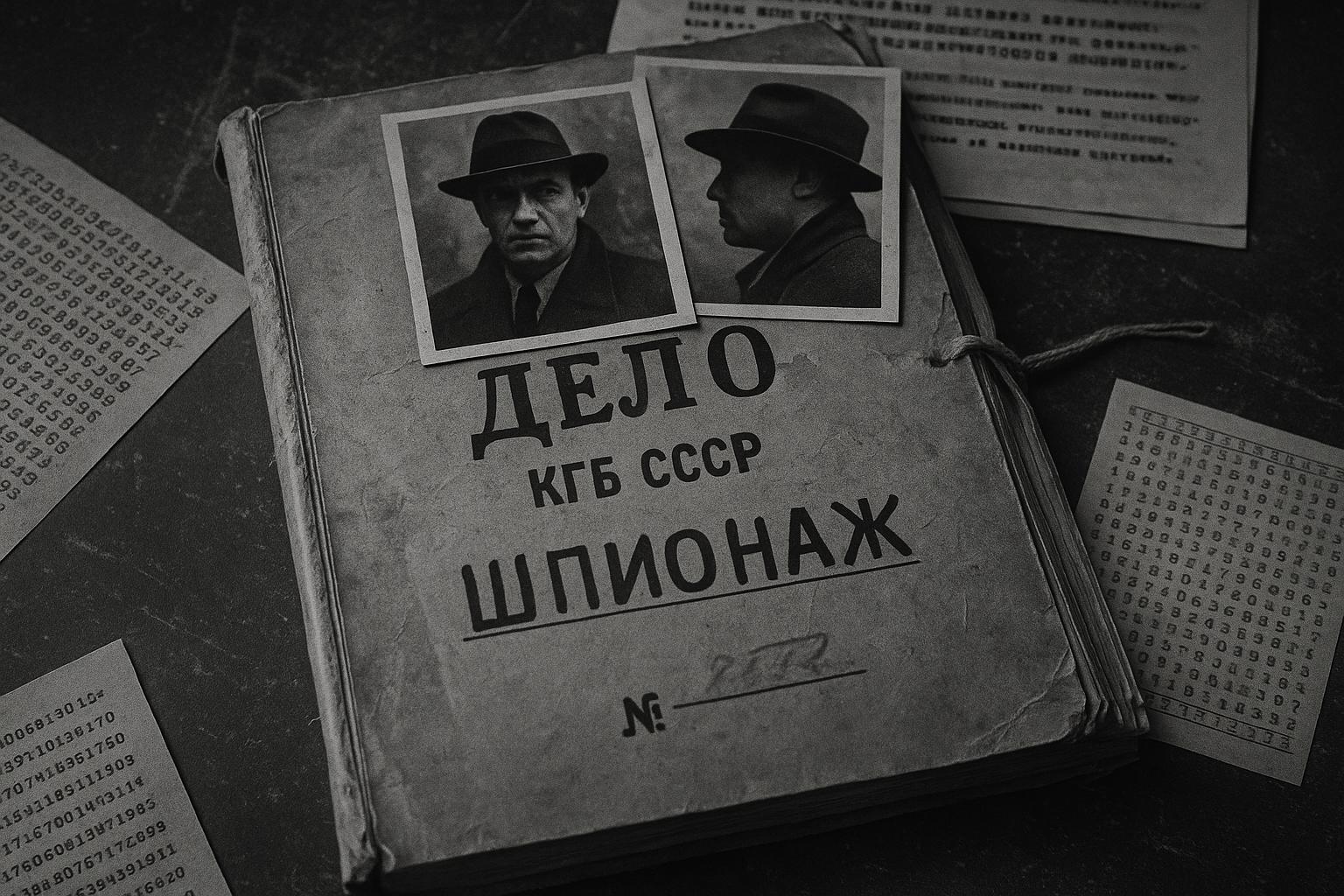In the autumn of 1992, a former KGB archivist named Vasili Mitrokhin defected to the West, bringing with him a trove of secrets that would change the landscape of espionage during the Cold War. This extraordinary event was pivotal in unveiling hundreds of spies working for the KGB globally, yet it was not the high-profile names we might expect that became the focus of public outrage. Instead, it was an unassuming 87-year-old woman named Melita Norwood, living in a modest home in Bexleyheath, south-east London, who would ultimately capture the attention of both the press and the government. Norwood's story reflects not only an oversight by MI5 but also a broader misunderstanding of the persistent threat posed by Russian espionage.
Mitrokhin, who had spent years cataloguing the KGB’s deep secrets, approached the British Embassy in Lithuania in March 1992. He arrived looking dishevelled, with a bag that contained not only food but also vital documents detailing KGB operations. MI6 began to sift through the contents, leading to the notable identification of Norwood, codenamed HOLA, a former secretary who had provided crucial information regarding Britain’s atomic weapons programme. The implications of her actions were significant; she was deemed one of the most influential British spies for the KGB, having played a key role in accelerating Soviet nuclear capabilities.
Upon reviewing Mitrokhin's findings, MI5 discovered that Norwood had been known to them for decades. A 1930s trace of her activities as a self-identified Communist led to several investigations, yet each time she was dismissed as an inconsequential figure. Despite being linked to an espionage network that included high-profile spies, by the 1960s she had been categorised as “harmless and somewhat uninteresting.” This misjudgment proved catastrophic as it allowed Norwood to continue her espionage into the ’70s, even recruiting another agent for the KGB.
When Mitrokhin's revelations were set to become public knowledge, MI5 missed crucial opportunities to act. In December 1999, amidst growing media scrutiny and a documentary project that aimed to expose Norwood, MI5 opted against pursuing prosecution. The Solicitor General concluded that any legal action would likely fail, due principally to the age of the offences and the lack of substantive evidence. Despite her admissions, including a candid confession to a journalist in 1999 that she had never regretted her actions, Norwood would face no legal repercussions, a fact that incensed then Home Secretary Jack Straw.
The implications of Norwood's case are complex and multifaceted. While much attention was focused on her, the larger narrative emerged from Mitrokhin's extensive documentation of KGB activities, which underscored a disheartening reality: the threat of Russian espionage did not perish with the Cold War. Mitrokhin himself, who lived to witness the resurgence of KGB-style operations under Vladimir Putin, often warned about the return of Russian intelligence threats. His concerns echo in contemporary events, from the assassination of former KGB officer Alexander Litvinenko in London to the 2018 poisoning of Sergei Skripal, both of which serve as reminders that espionage remains a pertinent issue today.
Through the lens of their connection, Norwood and Mitrokhin’s stories highlight the significant failings of Western intelligence to adapt and respond to evolving threats. While the media frenzy around Norwood captured the public's imagination, it obscured the much larger picture of a clandestine war being waged by the KGB and its modern successors. Ultimately, the legacy of Norwood is not just that of an agent who escaped punishment, but also a cautionary tale of how easily the dangers of espionage can be underestimated and forgotten, leaving nations vulnerable in a landscape where such threats continue to mutate.
📌 Reference Map:
- Paragraph 1 – [1], [4]
- Paragraph 2 – [1], [2], [5]
- Paragraph 3 – [3], [6]
- Paragraph 4 – [2], [3], [7]
- Paragraph 5 – [6], [5]
Source: Noah Wire Services
